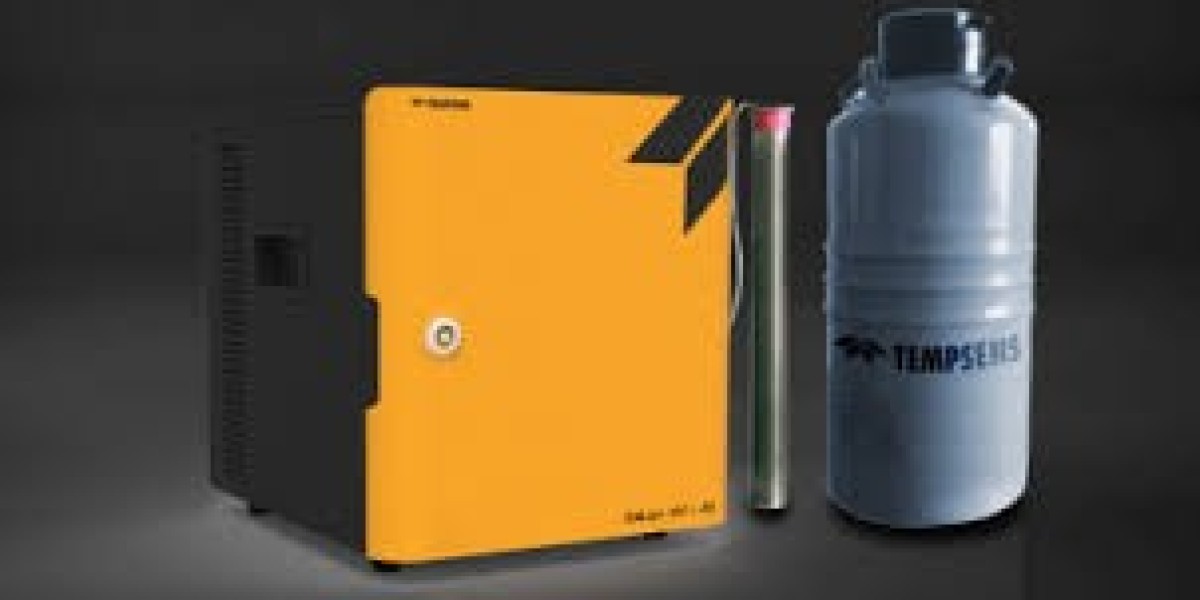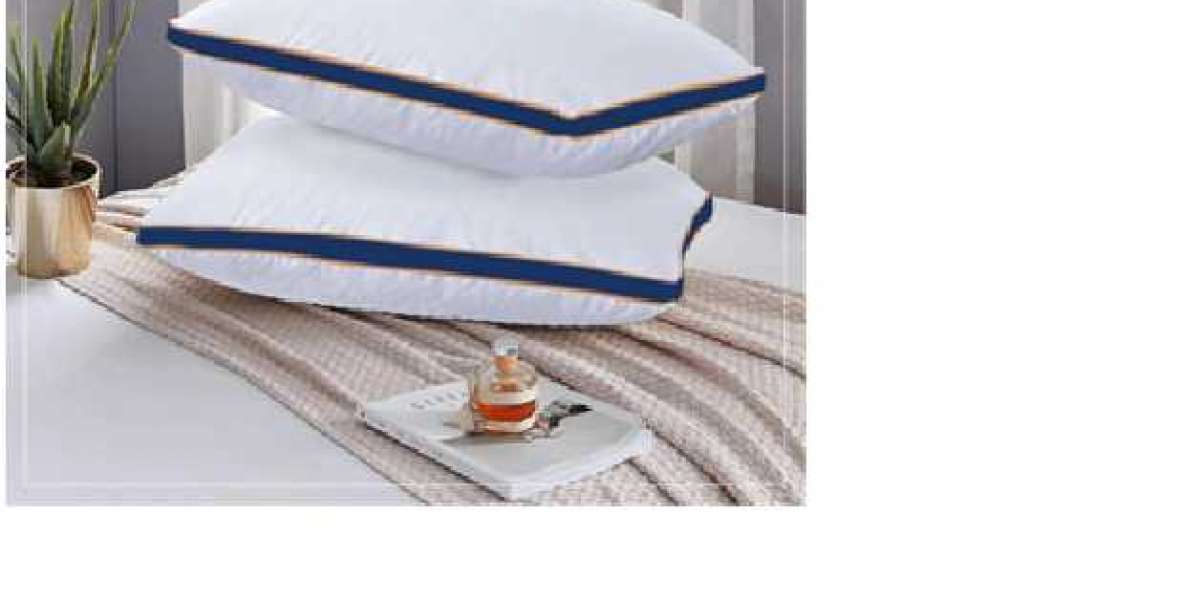A temperature calibrator is a vital tool for industries that depend on accurate temperature measurements. These devices ensure the precision of temperature sensors like thermocouples, RTDs, and thermistors by verifying and adjusting their accuracy. Proper temperature control is crucial for maintaining quality, safety, and efficiency across various processes. In this blog, we’ll discuss how temperature calibrator work, the types available, their benefits, and common uses.
What is a Temperature Calibrator?
A calibrator generates precise reference temperatures to test and adjust temperature-measuring devices. It compares the sensor’s readings with the reference temperature, determining whether recalibration or adjustment is needed.
Calibrators are widely used in industries such as food processing, pharmaceuticals, energy, and manufacturing, where temperature control is key to product quality and safety.
Types of Temperature Calibrators
There are several types of calibrators, each designed for specific applications:
- Dry Block Calibrators: These portable devices are used for thermocouples and RTD calibration by heating or cooling metal blocks where sensors are placed for testing.
- Liquid Bath Calibrators: Using liquids like oil or water, these calibrators offer high-precision temperature control and are often employed in laboratories.
- Thermocouple Calibrators: Designed specifically for thermocouples, they generate voltages to simulate different temperature conditions.
- Multi-Function Calibrators: These versatile tools can calibrate various sensors and measure multiple parameters, making them ideal for diverse industrial needs.
Benefits of Temperature Calibrators
These calibrators offer numerous advantages, including:
- Accuracy: They provide precise reference temperatures, ensuring sensors perform within the required accuracy range.
- Reliability: Regular calibration ensures consistent sensor performance, minimising errors in temperature-dependent processes.
- Cost Efficiency: Early detection of sensor inaccuracies helps prevent costly product defects, process disruptions, and equipment damage.
- Compliance: Many industries require periodic calibration to meet regulatory standards for product safety and quality.
Applications of Temperature Calibrators
These calibrators are crucial in industries that demand precise temperature control, such as:
- Pharmaceuticals: Used to verify sensors in drug production, ensuring safety and efficacy.
- Food & Beverage: Ensures accurate sensor performance in ovens, refrigerators, and freezers for product safety and quality.
- Energy Sector: Used in power plants to test sensors in boilers, turbines, and other critical equipment.
- Manufacturing: Essential for calibrating sensors in machines requiring exact temperature control for high-quality production.
Conclusion
In summary, temperature calibrators are indispensable for ensuring the accuracy and reliability of temperature sensors. By providing precise reference temperatures, they help maintain quality, safety, and smooth operations across industries like pharmaceuticals, food processing, and energy production. Proper calibration enhances system performance, ensuring consistent and efficient processes. If you are looking for this kind of instrument for your industrial use, then check Temsens Instrument Pvt. Limited.



